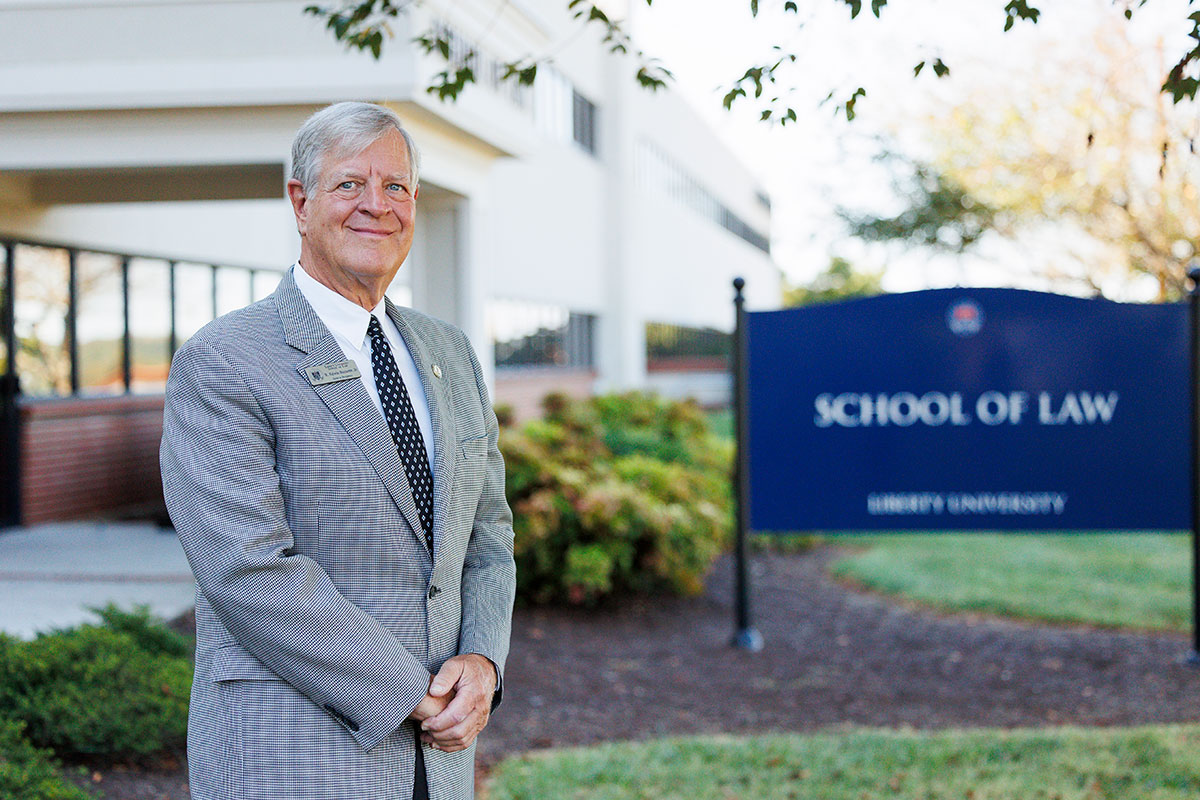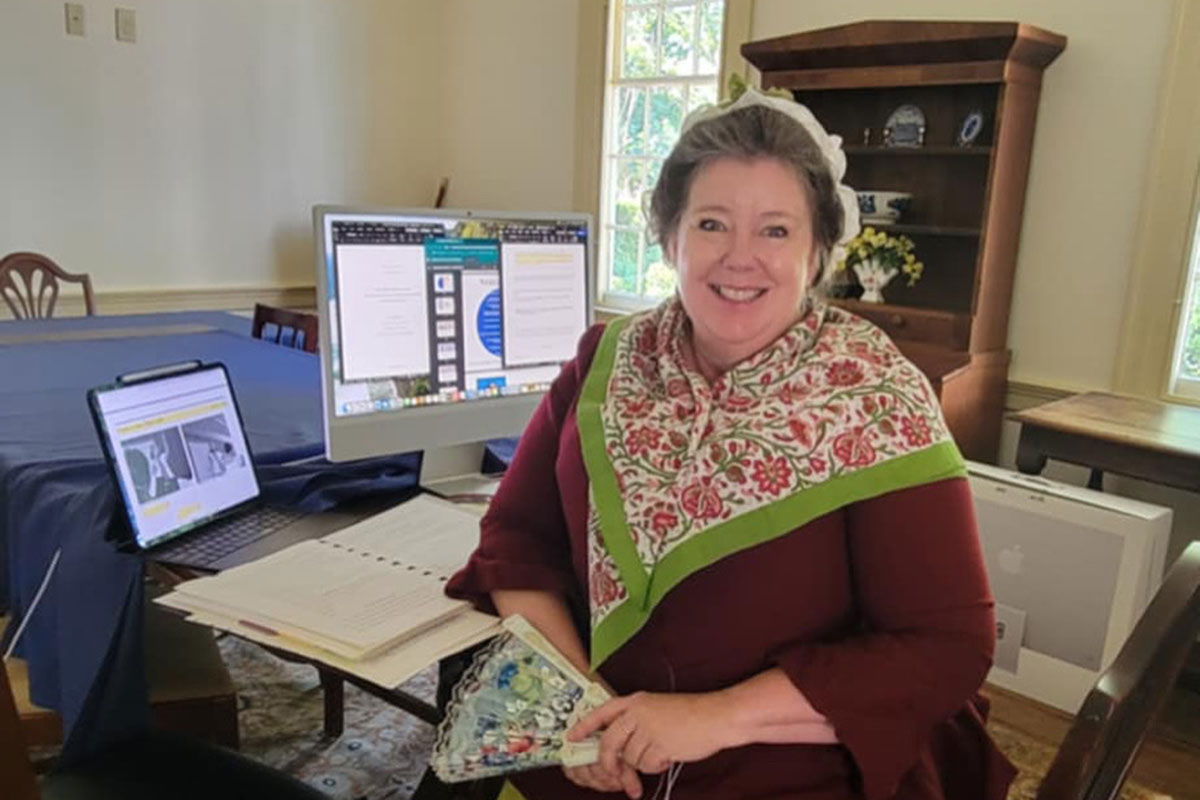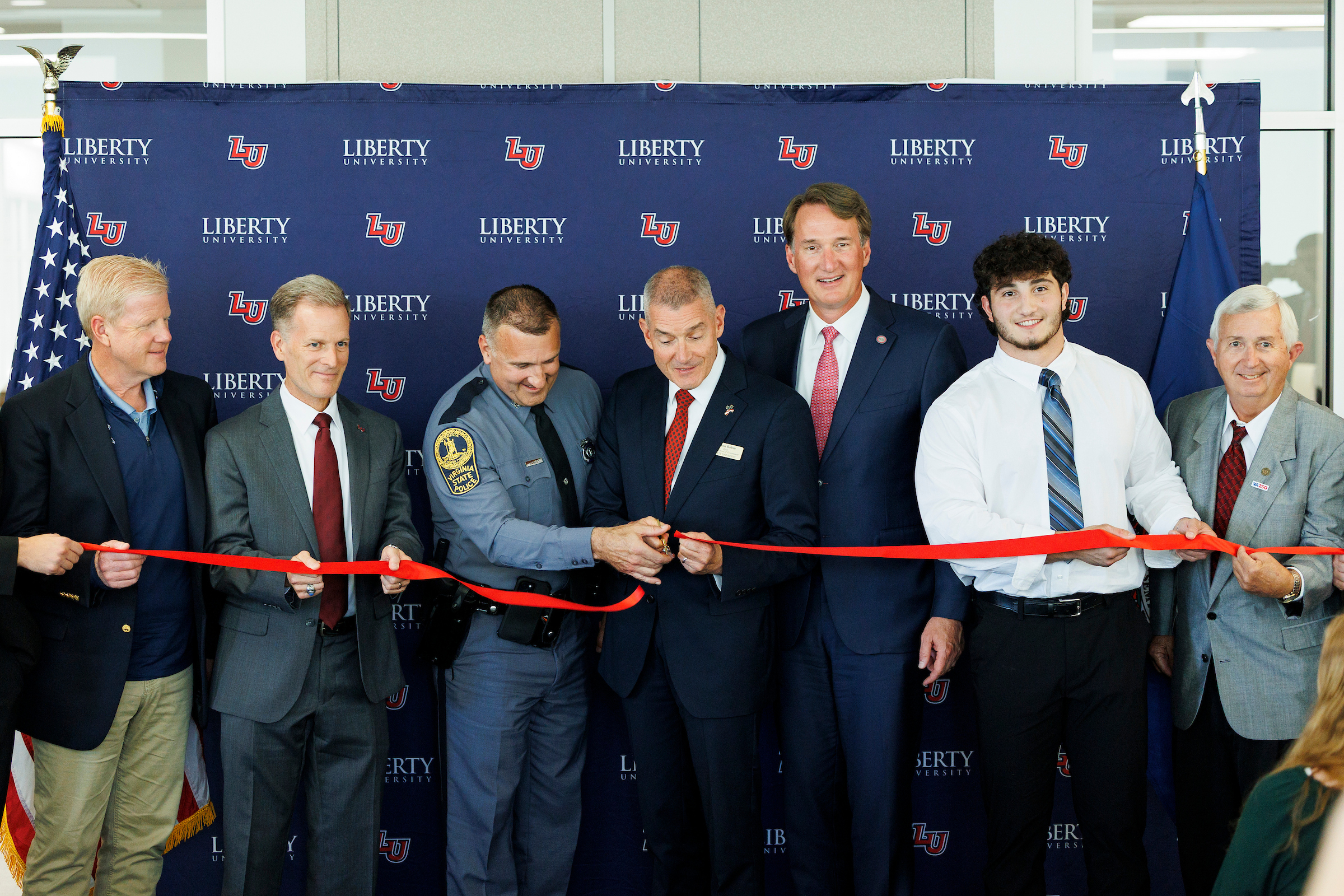Phi Alpha Theta chapter sweeps graduate student category at regional history research awards
April 15, 2020 : By Ryan Klinker - Liberty University News Service
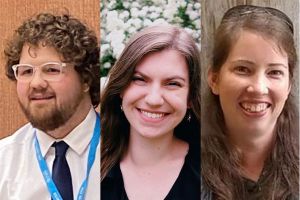
A trio of graduate students in Liberty University’s Department of History swept the top three spots in this spring’s Phi Alpha Theta Carolina Regional 2020: Paper Awards, an annual competition that welcomes students from the history honor society to submit research papers on a topic of their choice.
Mitchell Gehman’s first-place paper examined Italy’s invasion of Ethiopia in the 1930s, also known as the Abyssinian Crisis, and the course of action that the League of Nations’ member-nations, specifically Britain, took in response to the situation.
“I have always been drawn to things in history that are either forgotten or misconstrued, the League of Nations being one of those things,” said Gehman. “I have been interested in the League of Nations for a really long time, and I have been writing papers about it as a body since I was an undergrad.”
The second-place paper by Emily Parrow profiled the intricate life of Empress Maria Feodorovna, the mother of Russia’s Tsar Nicholas II and wife of Emperor Alexander III, particularly during the rise of the Russian Revolution and fall of the Romanov Dynasty.
“When I was finishing up high school, I read a book called ‘The Romanov Sisters’ by Helen Rappaport, which sparked my interest in Russian history,” Parrow said. “(Maria) was an utterly fascinating woman on whom there is very little comprehensive secondary scholarship.”
Kelly Witherspoon’s third-place paper focused on a group of young Jewish men between the ages of 18 and 25 who survived the concentration camps and then found themselves in the United States Army, with some of them volunteering and others drafted.
“Although it is a very small group, the result is that young men who had survived the concentration camps and then spent six months to four years in refugee camps waiting to come to America suddenly find themselves reliving many of those experiences in basic training and returning to Germany in American Army uniforms,” Witherspoon said.
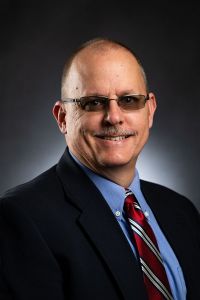
All three students used a combination of printed works, online databases through the Jerry Falwell Library, and other sites, as well as conversations with archivists, to gather the load of information needed to complete their papers.
Many of the papers submitted began as class projects completed in the fall semester, according to the chapter’s faculty advisor, Professor of History Dr. David Snead. Snead explained that Liberty has won multiple Best Chapter awards in recent years and is considered one of the top programs in the country — all attributed to the students’ passion to dive deeper into research.
“In my classes and the other history classes, they are expected to find as many sources as they can, use them wisely, and take time writing the paper to make sure it’s done well,” Snead said. “Part of it is self-motivation and part of it is encouragement from the professors and fellow students. We have that kind of environment in our department, and our students thrive on it.”
Each year, students who submitted papers are invited to present a summarized version of their paper at a Phi Alpha Theta conference. Snead took a group of Liberty students to the society’s biennial national conference in San Antonio, Texas, in January.
The three regional winners, as well as about 10 other Liberty students, are also eligible for national chapter awards this year.
“We’ve had a lot of success with our students in the national competition; we had two award winners last year,” Snead said.
He said that it is at these gatherings with history students from across the country that Liberty’s competitors are truly given an opportunity to showcase the caliber of their program and their virtues as Christians.
“As a Christian university, we want to show others that we deliver a quality education in history. And although some of the history is on religious topics, our students have interests beyond just religion. They want to do the best they can because they’re not only representing Liberty, but they’re also representing Christ when they go and present.”
